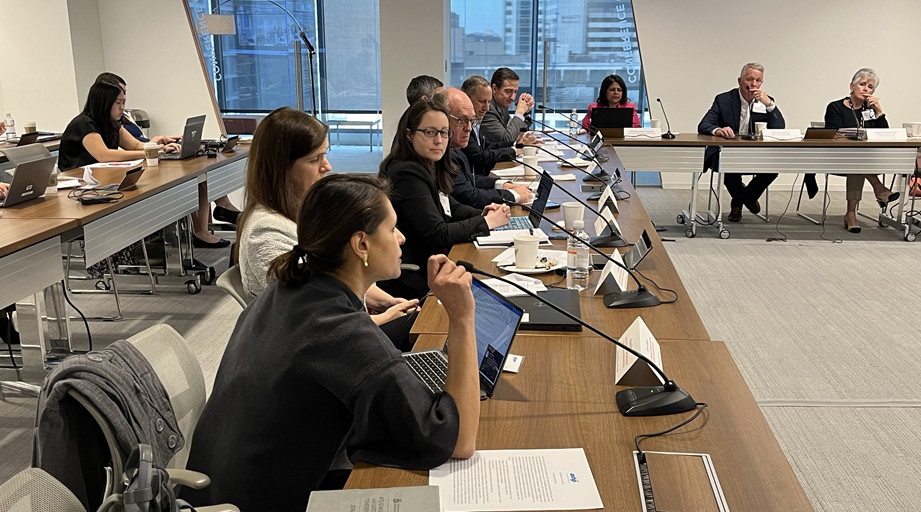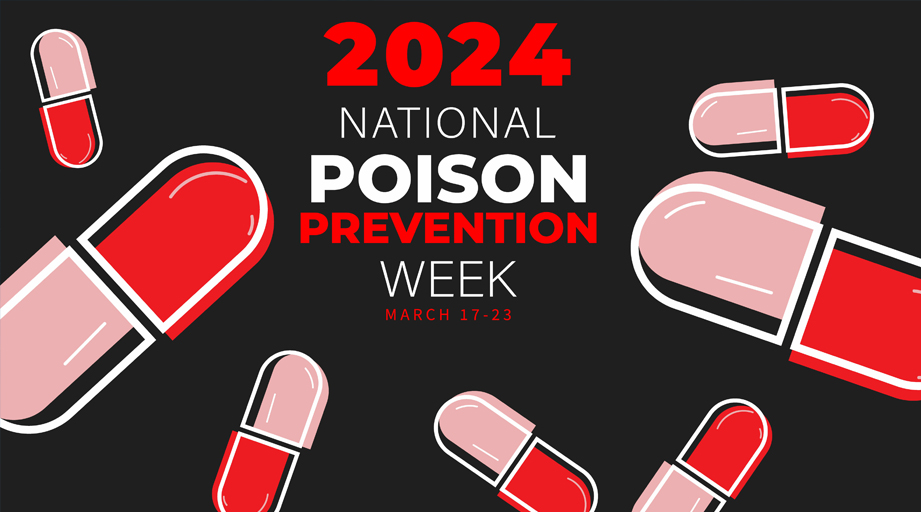
ASHP’s House of Delegates on June 9 officially approved 18 member-driven policies, bringing the year-to-date total to 37 approved policies and one ASHP statement addressing important pharmacy practice issues and codifying the profession’s stance on important social issues.
The critical two-day June meetings — the only ones at which delegates can amend policies — were for the first time conducted virtually this year because of the COVID-19 pandemic.
The focus on social issues is embodied in ASHP Policy 2036 (Racial and Discriminatory Inequities), which recognizes the existence of racism, discrimination, and inequality in healthcare and society. The new policy asserts that racism and all forms of discrimination and injustice are intolerable and commits ASHP to fostering a just and inclusive healthcare system and society.
Also new is ASHP Policy 2035 (Role of the Pharmacy Workforce in Violence Prevention), which recognizes that violence is a public health crisis and calls for the profession to get involved in and help lead violence-prevention initiatives in the workplace and the community.
The House of Delegates separately addressed the topic of gun violence by adopting ASHP Policy 2017 (Role of the Pharmacy Workforce in Preventing Accidental and Intentional Firearm Injury and Death) by virtual vote in May. This policy calls firearm injury and death a national public health crisis. According to the policy, pharmacy professionals have “important roles in the comprehensive public health and medical approach to reducing death and disability from firearm injury.”
“I am incredibly proud of the delegates for bringing these important and extraordinarily relevant social issues forward to be addressed by the profession as a whole,” said Casey White, chair of ASHP’s House of Delegates. “As pharmacists, we are to always consider the welfare of humanity and the relief of suffering as our primary concerns. Addressing the social injustices and challenges our patients and we as a profession face without doubt falls within the first of our oaths as a pharmacist.”
Several new or revised policies addressed the need to improve patients’ access to pharmacists’ services and affordable drug therapy. These policies include:
- ASHP Policy 2019 (Access to Affordable Healthcare). This policy supports ASHP’s advocacy for affordable access to healthcare, including medications and related pharmacy services. The policy also emphasizes the need to provide cost-effective care and optimal treatment outcomes.
- ASHP Policy 2029 (Preserving Patient Access to Pharmacy Services by Medically Underserved Populations). The new policy calls for advocacy on funding, innovative payment models, and access to advanced communication technologies and support for telehealth services that enhance pharmacists’ ability to provide comprehensive medication management services to rural and medically underserved patient populations. The policy also calls for advocacy on loan forgiveness or incentive programs that expand the pharmacy workforce to serve these patient populations.
- ASHP Policy 2003 (Anticancer Treatment Parity) calls for payers to set caps on patients’ out-of-pocket costs for cancer chemotherapy and to apply cost-sharing mechanisms equally regardless of the type of chemotherapy or how it is administered.
- ASHP Policy 2012 (Importation of Drug Products). This policy opposes the wholesale importation of drug products as a mechanism to decrease medication costs.
- ASHP Policy 2014 (Naloxone Availability) emphasizes the important public health role of the opioid reversal agent and supports efforts to expand its availability and use. The policy supports states’ efforts to authorize pharmacists to prescribe naloxone and calls for the development of standardized education about the appropriate use of the reversal agent. The policy also supports legal protections for those who seek or provide medical help for overdose victims.
In all, the ASHP House of Delegates adopted 14 new policies and one new ASHP statement this year and approved 23 policies that amend or supersede previously existing ASHP policies.
ASHP’s policymaking process begins with topics identified by members through many mechanisms, including delegate recommendations, regional delegate conferences, state affiliate meetings, membership section discussions, hearings, and conversations with ASHP staff, officers, and the Board of Directors.
ASHP’s membership sections and policymaking councils and commissions meet throughout the year, including at ASHP Policy Week in September, to discuss policy proposals and make recommendations to the Board of Directors. Following approval by the board, professional policy recommendations are referred to the House of Delegates for final action. The House of Delegates traditionally meets in person annually at the ASHP Summer Meetings to discuss, amend, and approve policies. The group votes virtually twice each year.
Delegates will next vote virtually in November.
[This news story appears in the September 15, 2020, issue of AJHP.]







